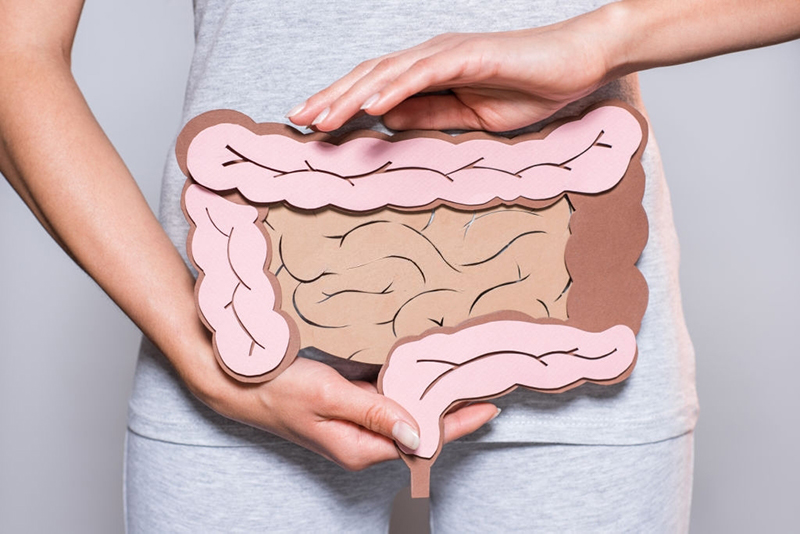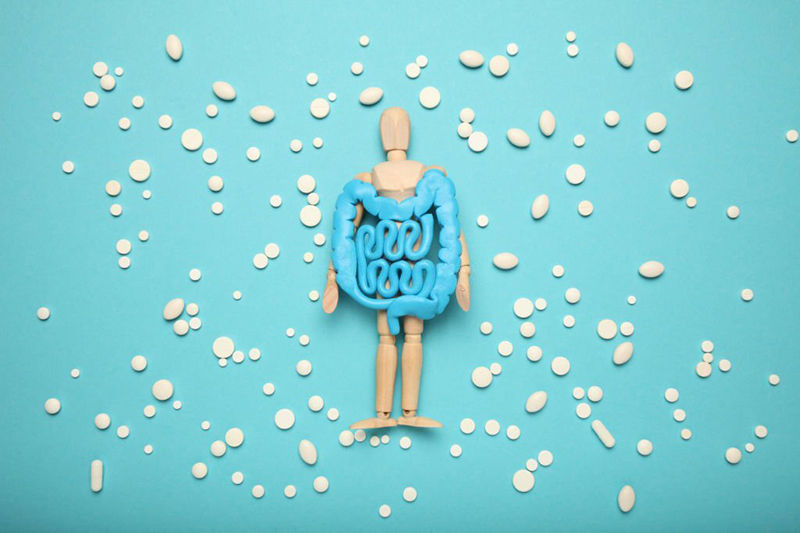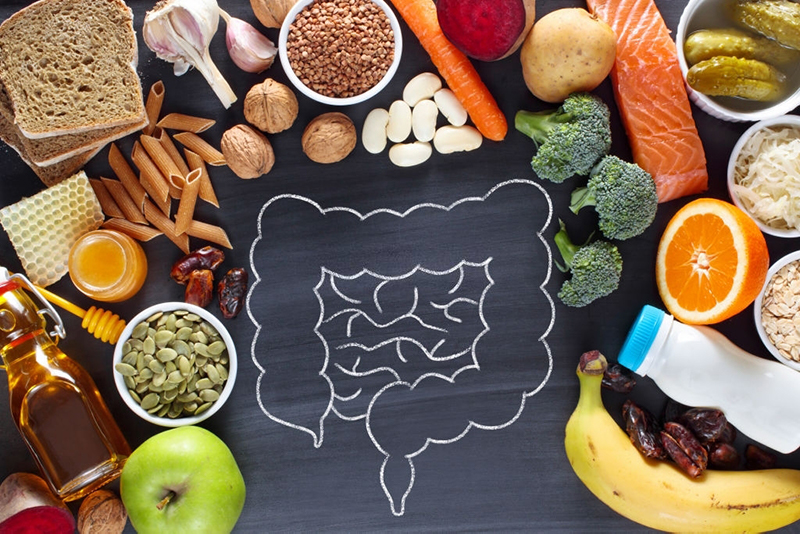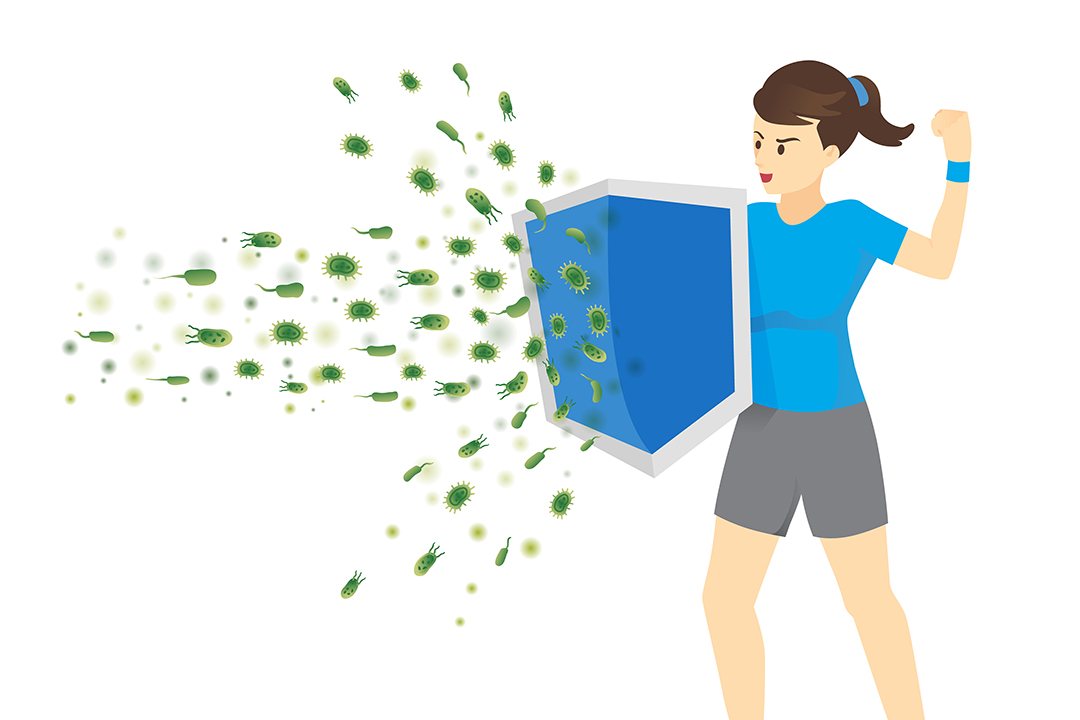The term probiotics is derived from the Greek word meaning “for life” and was first coined by Lilly and Stillwell to describe the ability of one microorganism to promote the growth of other microorganisms. The Food and Agriculture Organization of the United Nations and the World Health Organization define probiotics as active microorganisms that, when ingested in sufficient quantities, can have a beneficial effect on the health of the host. Commonly used probiotics include Lactobacillus, Bifidobacterium, Escherichia coli and yeast. Probiotics mainly play a role in the prevention and treatment of some gastrointestinal diseases and respiratory tract infections and allergic symptoms by regulating the balance of the host’s flora. probioticseverything.com
probiotics good for diarrhea
probiotics good for diarrhea
probiotics good for diarrhea
The effect of probiotics on body health
Probiotics can influence the composition and diversity of gut microbiota. This is the conjecture put forward by Fuller in the early years and has now been confirmed by a large number of studies. For example, intake of Lactobacillus casei Shirota (Lactobacillus casei ShirotalcS) increased the number of bifidobacteria and lactobacilli in healthy individuals and decreased the number of intestinal bacteria. Studies have also confirmed that Lactobacillus acidophilus can reduce the viability of Salmonella typhimurium, Escherichia coli, Yersinia pseudotuberculosis, Listeria monocytogenes Shiga flexneri and Klebsiella pneumoniae. On how probiotics modulate the gut microbial environment. A variety of possible mechanisms have been proposed, among which the key is to prevent the colonization of pathogenic bacteria and the production of antibacterial substances.
Probiotics can prevent the competitive exclusion of pathogenic bacteria from colonizing the gut by competing for epithelial binding sites. Coconnier et al. believed that Lactobacillus reuteri and Helicobacter pylori share the same glycolipid specificity, which may play a regulatory role by competing with Helicobacter pylori for binding sites on gastric mucosal epithelial cells through surface components and secreted extracellular adhesion factors. Recent studies have found that glyceraldehyde-3-phosphate dehydrogenase (GAPDH) expressed on the surface of Lactobacillus plantarum LA318 cells can regulate its ability to bind to human colon proteins. Pathogens compete for specific binding sites7. In addition, probiotics can also compete with harmful bacteria for nutrients and consume oxygen in the intestinal tract, creating an environment that is not conducive to harmful bacteria. probioticseverything.com
probiotics good for diarrhea
probiotics good for diarrhea
probiotics good for diarrhea
Most probiotics can produce lactic acid. Lactic acid lowers local pH and inhibits the growth of acid-sensitive enteric pathogens. Lactobacillus bulgaricus Lactobacillus acidophilus and Lactobacillus lactis can produce hydrogen peroxide and also have bacteriostatic effect. By regulating cytokines, probiotics can also produce specific antimicrobial peptides or antimicrobial factors, the so-called bacteriocins. For example, Lactobacillus acidophilus can produce a broad-spectrum protein bacteriocin, which has bacteriostatic effect on Salmonella, Shigella and Pseudomonas. These antibacterial substances can damage cell membranes and interfere with the synthesis of enzymes, thereby killing susceptible bacteria. In addition, probiotics produce a bile salt derivative called deconjugated bile acid. Its antibacterial activity is stronger than bile salts synthesized by the body itself, and its mechanism of action remains to be explored. probioticseverything.com
probiotics good for diarrhea
probiotics good for diarrhea
probiotics good for diarrhea







